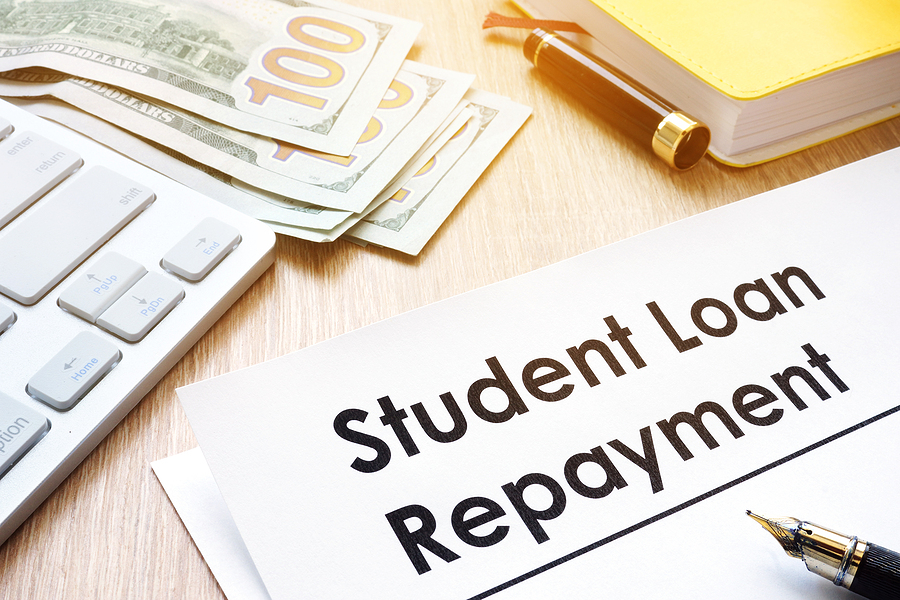Student debt is a far-reaching problem in the United States. A Forbes report in June 2018 estimated that over 44 million people owed more than $1.52 trillion in student debt. Student debt causes stress, depression, and even suicidal thoughts. Consequently, developing a plan is critical for both your mental and financial health. Here are 11 tips to deal with student debt.
1. Know where you stand
Nobody enjoys an afternoon reading loan terms. But you will save money in the long-term if you are an expert on your loan’s interest rates, fees, penalties and best repayment plans.
2. Prioritize your loans
If you took out multiple loans, pay off the highest interest loans first. Focus on making bigger payment on this loan first before turning your attention to the others.
3. Make more than the minimum payment
Student loan payments are onerous, but whenever possible, pay more than the required minimum. Over the life of the loan, you will pay less interest and save significant money.
4. Make automatic payments
Don’t risk late payments fees. Set up monthly payments that withdraw a predetermined amount from your bank account. Some loan providers even give discounts to those who make automatic payments.
5. Devote unexpected bonuses to your loans
Are you getting a significant tax refund this year? Did your hard work result in a bonus at the office? Consider applying most or all of this to your student loan. It might not be as thrilling as a vacation in Tahiti, but it might be one of the best financial decisions you can make.
6. Continue to be frugal
It is tempting to spend more freely after you start earning a regular paycheck. But dealing with your debt sooner rather than later will pay off big time. Continue to creatively keep costs down the way you did when you were a student.
7. Investigate loan forgiveness
Loan forgiveness can come from several sources. The first is occupation-related loan forgiveness programs. Teachers, lawyers and doctors, among others, may be eligible for loan forgiveness. The Public Service Loan Forgiveness program is available to workers employed for 10 years in a public service job, such as a nonprofit. Another option is the Federal Loan Forgiveness program, which forgives loans after 120 on-time payments and 10 years employment in a public service job.
8. Earn more money
To pay off your loan more quickly, earning more money is one of the best options. Look for a side hustle to earn extra cash to devote to bigger loan payments. Walk dogs, sell services on a site like Fiverr or teach a foreign language. The list of potential opportunities is long, so use your imagination.
9. Start paying off your loan while you are still in school
By the time you finish school and the payment grace period ends, your total loans may have grown by 15 to 20%. Be proactive and start paying whatever small amount you can. It is never too early.
10. Investigate possible tax deductions and other tax advantages
You may be eligible to deduct up to $2,500 on the interest you paid towards your student loan. This IRS tool helps you to calculate your eligibility (https://www.irs.gov/help/ita/can-i-claim-a-deduction-for-student-loan-interest).
11. Prioritize loan payments over investing
After finishing college and beginning work, you may be eager to start investing. However, paying off your loan quickly to avoid future interest payments promises a better return than most investments.
Student loan debt can cause intense worries. If you are really struggling, consider speaking to a financial expert who can provide guidance. These best practices are just a start. But if you have a clear plan, you won’t be overwhelmed. Implement these 11 strategies and get in the fast lane on the road to a life free from debt.

